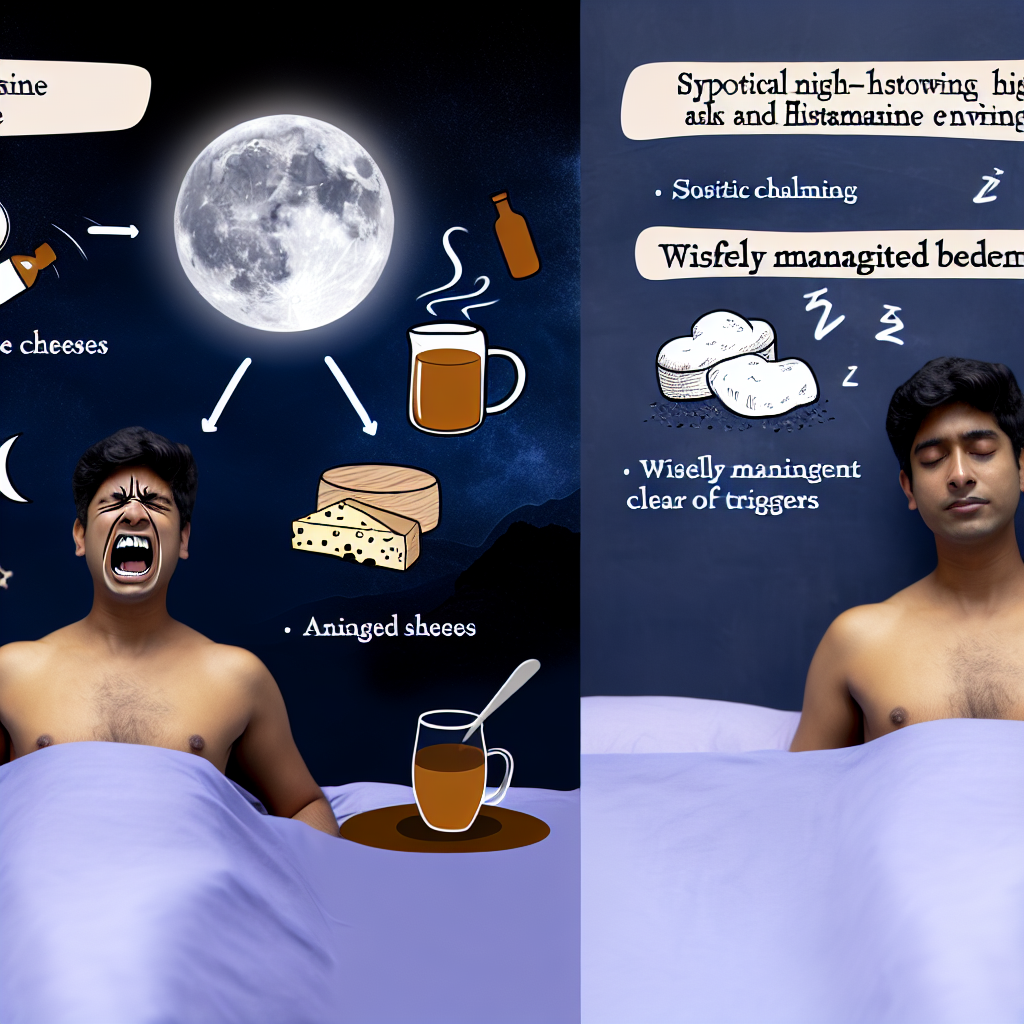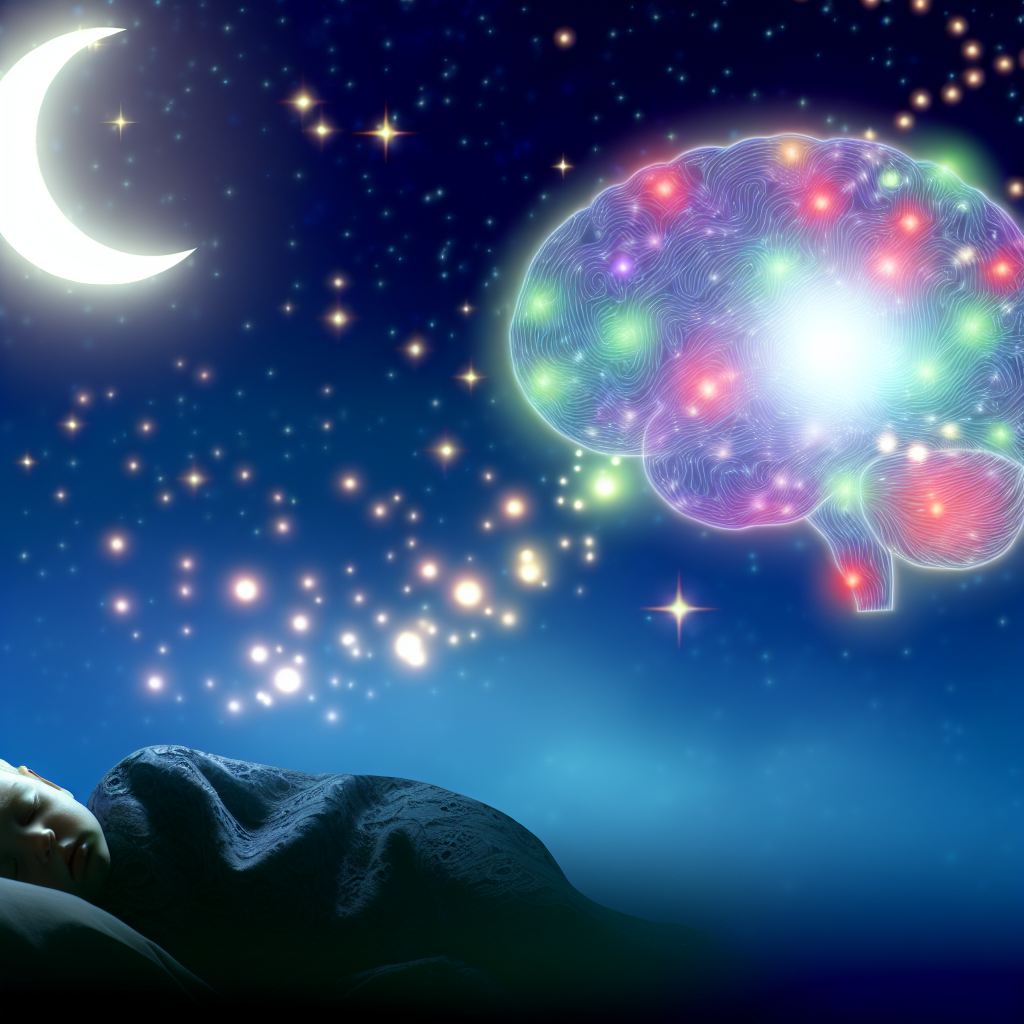Yes, not getting enough sleep can affect our digestive health. Many body processes, including digestion, require enough sleep. The stress hormone cortisol is boosted when sleep deprivation is present. Chronically elevated cortisol levels can result in dysbiosis, an imbalance of gut flora.
An intestinal bacterial imbalance is known as dysbiosis. A diversified and balanced microbiome of good bacteria that aid in digestion and nutrition absorption and keep dangerous bacteria in check is present in a healthy gut. However, dysbiosis develops when harmful bacteria increase and the standard ratio of good to bad bacteria is upset.
Inadequate nutrition, emotional stress, antibiotic use, and even some diseases can all contribute to dysbiosis. Harmful bacteria can flourish on a diet high in processed foods and sweets, and stress can disrupt the gut-brain axis, both of which contribute to dysbiosis. Despite their usefulness in combating bacterial infections, antibiotics have been linked to the loss of beneficial gut bacteria and subsequent dysbiosis.
Incorporating daily doses of probiotics and prebiotics into your diet may increase your fiber intake and decrease your consumption of processed foods.
Symptoms of dysbiosis range from mild to severe and include gastrointestinal disorders like bloating, gas, and diarrhea to more serious illnesses like IBD and IBS. Obesity, autoimmune diseases, and mental health difficulties are just some of the significant health problems that have been associated with dysbiosis.
In most cases, treating dysbiosis entails re-establishing a healthy bacterial composition of the digestive tract. Incorporating daily doses of probiotics and prebiotics into your diet may increase your fiber intake and decrease your consumption of processed foods. Antibiotics or a fecal microbiota transplant (FMT) are required in severe cases.
Lastly, dysbiosis is a medical disorder that can severely affect one’s health and well-being. Individuals can plan a course of action to improve their gut health by restoring balance to their gut microbiota by learning about the causes, symptoms, and treatment options for dysbiosis.
Inability to properly absorb nutrients and the development of food allergies and intolerances are also side effects of dysbiosis
The inability to properly absorb nutrients and the development of food allergies and intolerances are also side effects of dysbiosis.
The adverse effects of sleep loss on gut health extend beyond dysbiosis and include:
- Constipation
- Diarrhea
- Hurting belly
- Bloating
- Gas
Getting enough shut-eye can help keep your digestive system in tip-top shape. Sleeping for seven to eight hours a night is recommended for most adults. The average adult needs between 6 and 10 hours of sleep every night, but most people function best between 7 and 8 hours.
Physical and mental well-being depend on getting enough sleep. Sleep is essential for several reasons, including physical healing, consolidation of new information, and emotional stability. Lack of daily sleep is linked to an increased risk of various health issues, such as:
- Fatigue
- Inability to focus
- Irritability
- Tides of emotion
- Possibility of Accidents Rising
- Development of cardiovascular disease, stroke, diabetes, and obesity
Individuals have different sleep requirements, which is something to keep in mind. Some of the things that can change your sleep requirements are:
- Children and teenagers have increased sleep needs according to their age.
- Women who are expecting a child have increased sleep needs.
- Some medical issues, such as sleep apnea and persistent discomfort, might make it challenging to get a good night’s rest.
- Certain drugs can make you sleepy or keep you up all night.
- Your lifestyle choices, like stress levels, caffeine use, and physical activity levels, may also impact your sleep.
Several strategies exist for enhancing sleep quality in cases where it is lacking. Some advice is as follows:
- Maintain a regular sleep/wake schedule, even on the weekends.
- Make a habit of winding down before bed.
- Get some shut-eye in a nice, quiet room.
- Neither coffee nor alcohol should be consumed within a few hours of bedtime.
- Maintain a regular workout routine, but don’t push yourself too hard right before bed.
If you have difficulties sleeping, you should see a doctor. One of the best things you can do for your health and pleasure is to get a good night’s sleep. Some suggestions for falling asleep more easily:
Try to maintain a scheduled sleep routine, even on the weekends.
Make a habit of winding down before bed.
Get some shut-eye in a nice, quiet room.
Neither coffee nor alcohol should be consumed within a few hours of bedtime.
Maintain a regular workout routine, but don’t push yourself too hard right before bed.
If you have difficulties sleeping, you should see a doctor.

Dominic E. is a passionate filmmaker navigating the exciting intersection of art and science. By day, he delves into the complexities of the human body as a full-time medical writer, meticulously translating intricate medical concepts into accessible and engaging narratives. By night, he explores the boundless realm of cinematic storytelling, crafting narratives that evoke emotion and challenge perspectives.
Film Student and Full-time Medical Writer for ContentVendor.com




